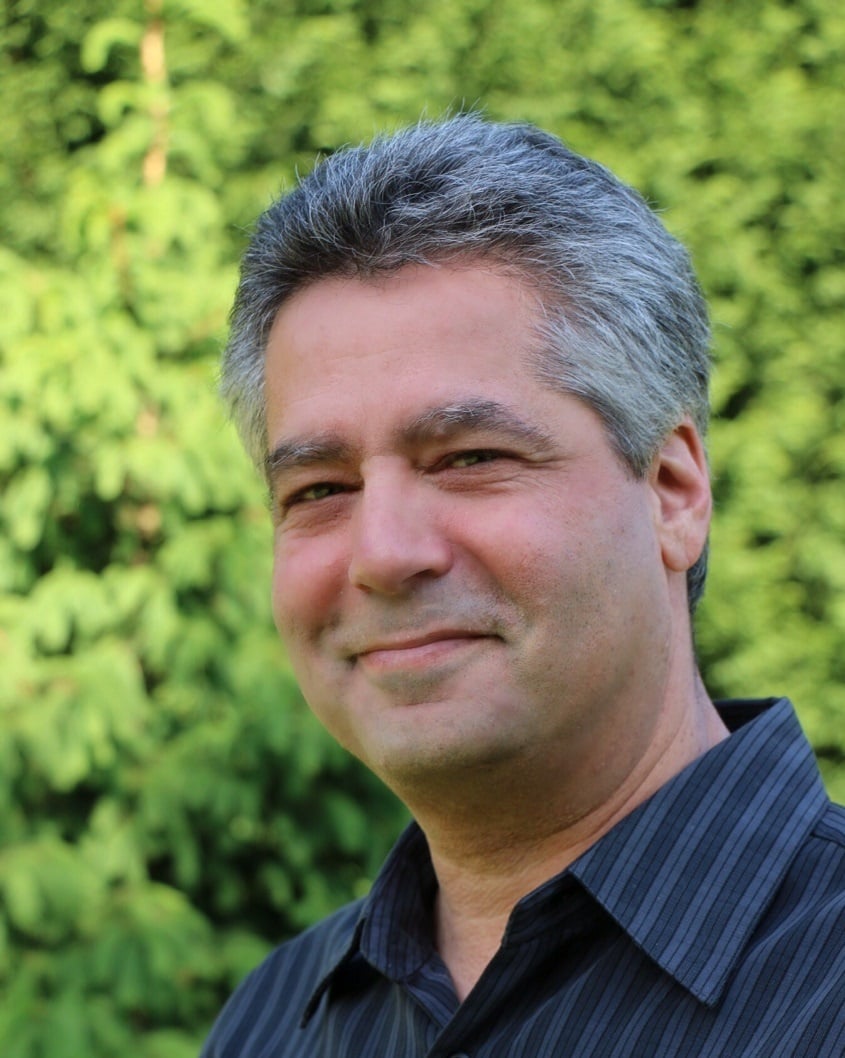Medical device giants Medtronic and Boston Scientific have been at odds with one another over the scope and application of an existing patent licensing agreement. While the burden of proof typically rests with the licensor in these instances, it will soon be up to the Supreme Court to decide exactly who is responsible for proving or disproving infringement in this unique case.
Medtronic previously agreed to license cardiac defibrillation patents from Boston Scientific and pay the appropriate royalties for any medical devices incorporating the proprietary technologies. The two sides then butted heads in 2007 as Medtronic rejected the assertion that a new portion of its product line should be covered by existing licensing terms and beholden to the associated royalty fees.
According to Reuters, a Delaware district court first sided with Medtronic before having its decision reversed in federal appeals court. This month, the Supreme Court agreed to hear Medtronic's claim that the technologies used were unrelated to the licensing agreement and that it should have been up to Boston Scientific to unequivocally prove infringement.
What makes this case unique, according to PatentlyO, is that the latest decision made by the federal court asserted that the burden of proof shifts to plaintiffs seeking a declaratory judgment (Medtronic) on the scope or validity of their licensor's (Boston Scientific's) patents when the plaintiff is also a licensee in good standing at the time. However, Medtronic is hoping the high court will align itself with a precedent set in 2007 (MedImmune, Inc. v. Genetech, Inc.) stating that licensees should not be required to terminate licensing agreements before challenging the patent owner's infringement claims.
Additionally, Medtronic counsel insist that resting the burden of proof on the licensee may inspire some opportunistic licensors to effectively expand the stated scope of their inventions in the hopes that their business partner(s) may be unable or unwilling to defend against an infringement claim.

